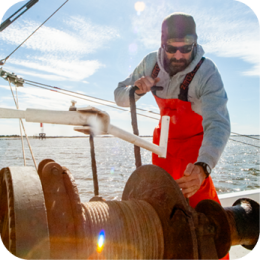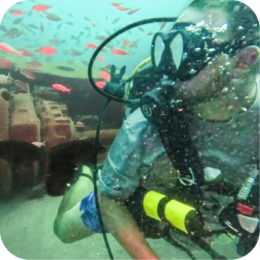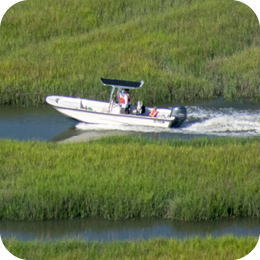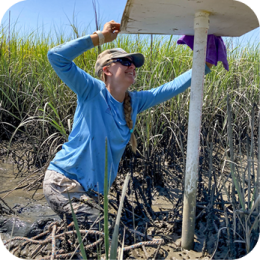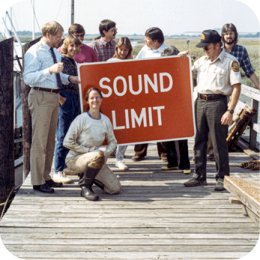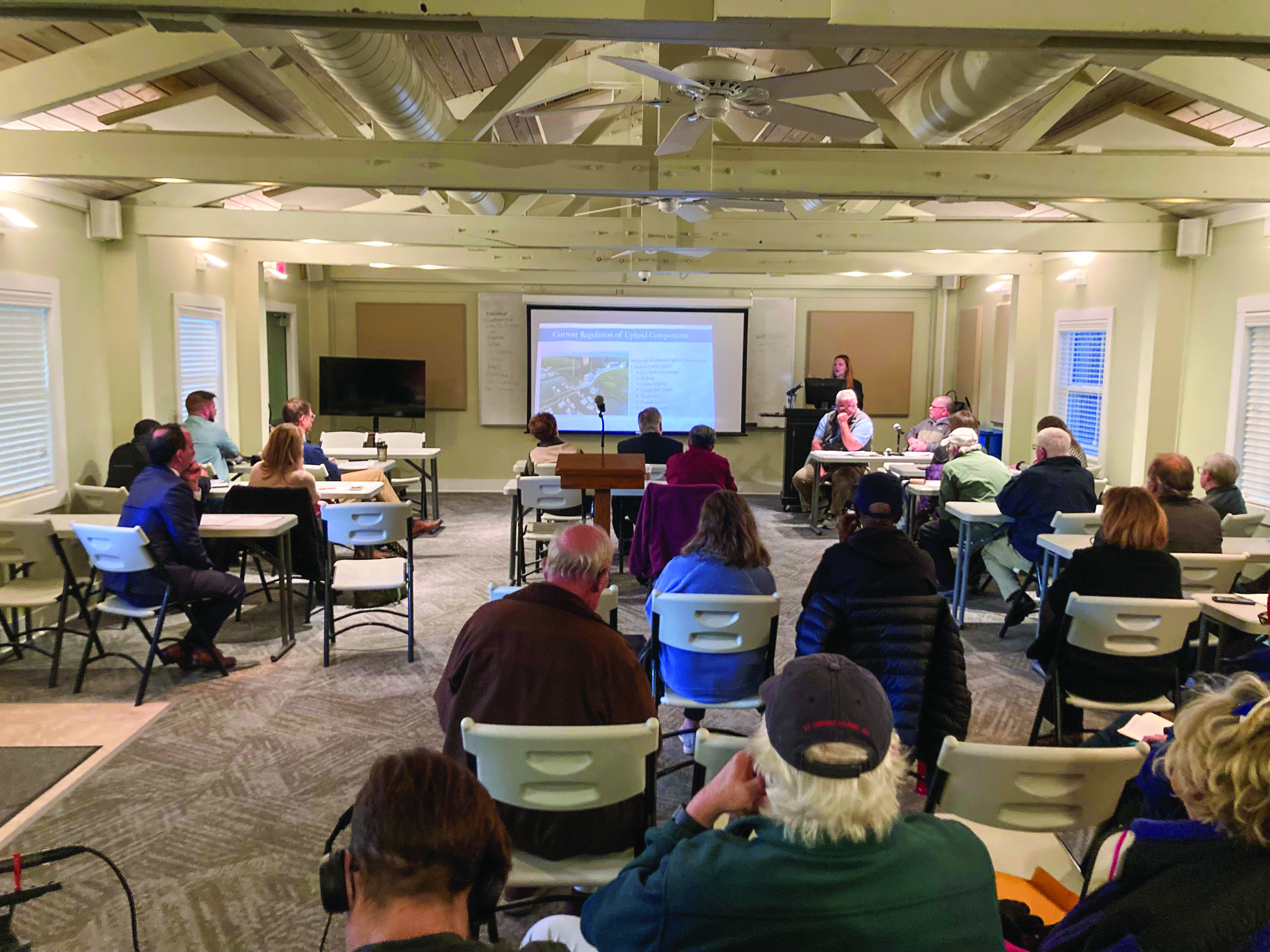
STAFF REPORT
Coastal Resources Division
Approximately 30 people came to a public comment meeting Jan. 4 at Coastal Regional Headquarters to hear about proposed changes to a board rule defining upland components of Coastal Marshlands Protection Act (CMPA) projects.
The CMPA regulates activities affecting coastal wetlands, requiring permits for actions that could drain, dredge, fill, or otherwise alter them. A set of rules pertaining to the CMPA set standards and conditions for certain activities. The “Regulation of Upland Component of a Project” or “Upland Rule” determines to what extent an activity in the marsh may be associated with upland development activities. A key component of the Upland Rule is the definition of “upland component,” which initially focused on specific project types like marinas and docks. However, the current definition’s ambiguity led to unintended application to broader projects like drainage and residential bank stabilization, causing potentially unnecessary burdens for permit applicants.
To address this, CRD proposes clarifying the definition of “upland component” to explicitly limit its application to marinas, community and commercial docks, fishing piers, boat ramps, and bridges, excluding other project types. This aligns with the original intent and streamlines permit requirements for projects outside its scope. The revised definition retains language regarding service areas and amenities directly serving the marshlands component, ensuring its effectiveness for relevant projects.
This amendment aims to improve clarity, efficiency, and predictability in regulating upland activities associated with the designated project types. It reduces the burden on applicants for projects not covered by the rule and enables CRD to more efficiently serve constituents. Overall, the proposed revision seeks to refocus the upland component regulations on their intended purpose, effectively protecting coastal wetlands without additional regulations on unrelated projects.
Six individuals spoke at the public hearing, delivering comments that will be conveyed by CRD staff to the Board of Natural Resources at its Feb. 27 meeting in Atlanta, during which the Board can take action on the proposal. Written comments received by the Jan. 19 deadline will also be presented to the Board.

